Apple 5G Sinope modem can only support 40% of Snapdragon's download speeds

After years in the making, Apple may finally be ready to install an internally developed, homebrew 5G modem chip in some of its 2025 iPhones. It will allegedly start with the iPhone SE 4 first to test the waters, and then implement it in the iPhone 17 Air only.
The reason that the iPhone SE 4 will be first in line for Apple's own 5G modem is that the chip is simply inferior to what Qualcomm can provide with its Snapdragon X series of modems.
Qualcomm has the most experience in making modems with the widest range of 4G LTE and 5G band support, as well as all the required interference filters. It is not an easy task to jam all of these in a tiny chip, that is why Apple's initial efforts to break away from its dependence on Qualcomm for network connectivity purposes didn't pan out.
It first started by partnering with Intel for the first 5G iPhone 12 series that hooked up to the then fledgling next-gen networks with Intel's 8161 modem. The chip turned out inferior to what Qualcomm had to offer, though, and, after lagging behind Samsung's Galaxy S series in terms of download speeds for a few iPhone generations, Apple went back to Qualcomm, paying it every licensing fee and patent infringement penny it wanted.
It kept developing its own thing, but its initial efforts were not only as big as half an iPhone, but also prone to overheating and with inferior specs than the Snapdragon X60-X70 modem families.
Apple 5G modem specs
Apparently, Apple has resolved the 5G modem chip size and power consumption issues, because it intends to use it in the iPhone SE 4 and iPhone 17 Air, according to reputed analysts like Ming-Chi Kuo or Mark Gurman.
The latter even go as far as suggesting that the iPhone Air will get a homebrew Apple modem because that will be the only way to create the thinnest, sub-6.5mm iPhone ever. At the same time, however, Gurman warns that what Apple will place in the 2025 iPhones is an inferior product.
For starters, the Apple 5G modem chip only supports 4 Gbps download speeds, as opposed to Qualcomm's Snapdragon X series that brings 10 Gbps downloads to the iPhone 16 family.
Moreover, Apple's 5G modem, code-named Sinope, won't support Verizon's ultrafast mmWave network, and will only offer 4-carrier aggregation, explaining why phones with it may lack in peak download speeds by up to 60% when compared to iPhones with a Qualcomm modem.
Still, Apple is reportedly pressing ahead with Sinope's integration in non-essential iPhone models to gauge the acceptance and save some cash, and has a three-year plan to improve it to the point where it ultimately replaces all Snapdragon modems in its handsets.

![T-Mobile users can get iPhone 16 for the price of a budget phone (no new line) [UPDATED]](https://m-cdn.phonearena.com/images/article/167601-wide-two_350/T-Mobile-users-can-get-iPhone-16-for-the-price-of-a-budget-phone-no-new-line-UPDATED.jpg)

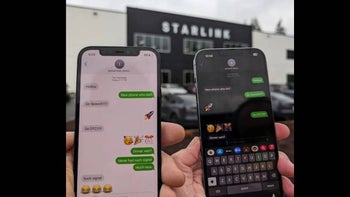
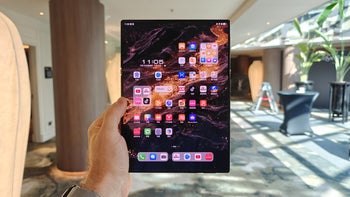

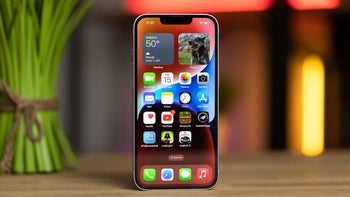
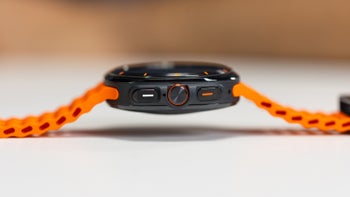
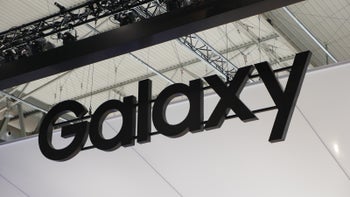
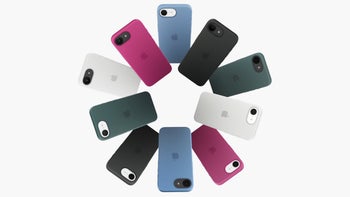
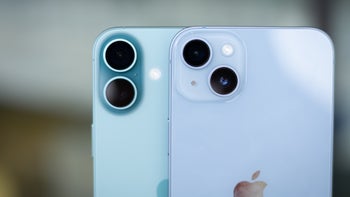


Things that are NOT allowed: